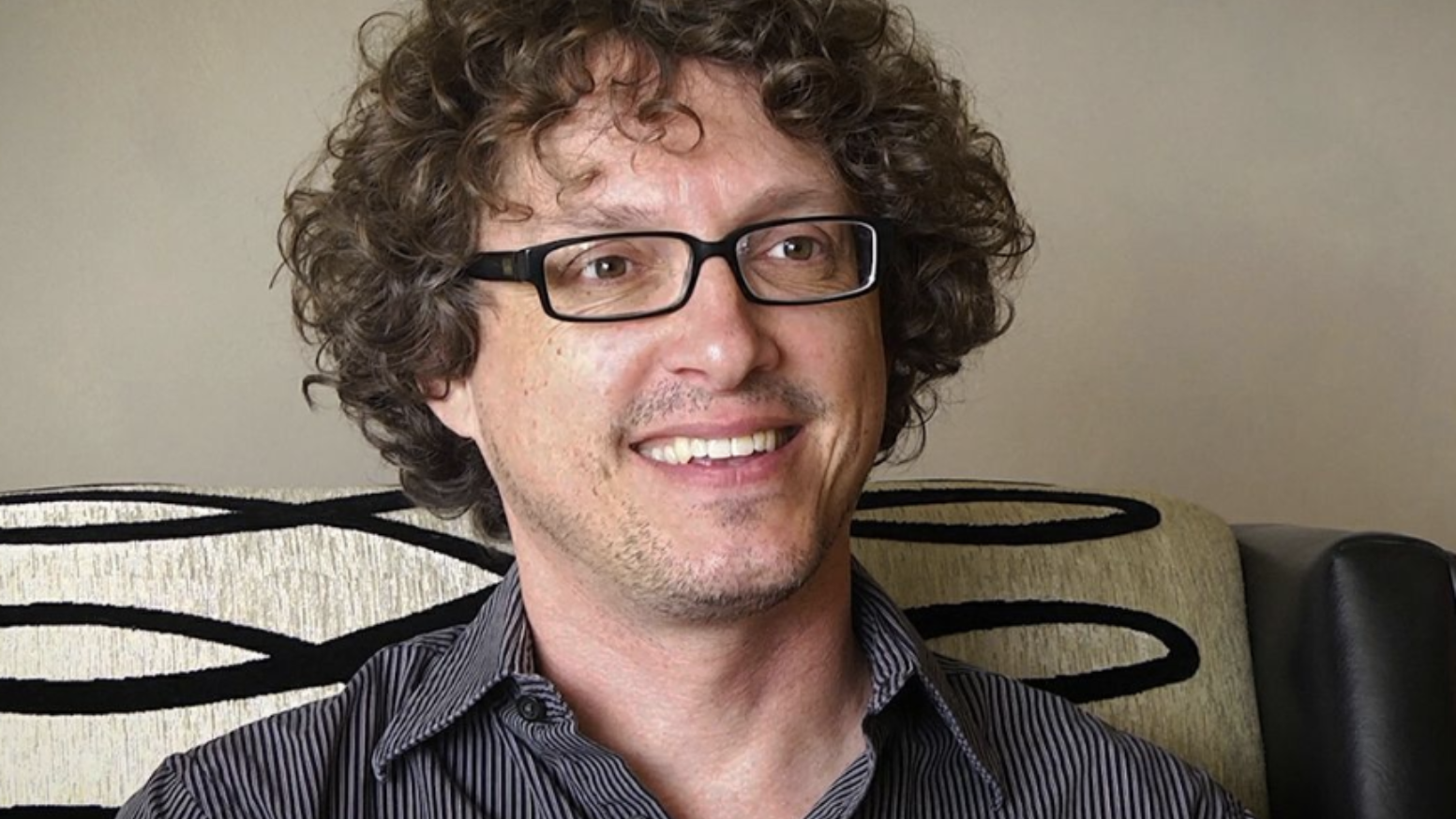Richard Carrier – The Intelligence Explosion & Bayesian Reasoning
In a wide-ranging conversation, historian and philosopher Richard Carrier explores the profound implications of artificial intelligence, Bayesian reasoning, and ethical communication. By rethinking concepts like the Singularity and technological resurrection, Carrier offers a fresh lens through which to view our rapidly evolving future.
Here is the video link.
Intelligence Explosion vs. The Singularity
Carrier prefers the term Intelligence Explosion over Singularity. He argues the latter suggests an almost mystical transformation, while the former focuses on recursive self-improvement by machines. The term ‘Intelligence Explosion‘ captures the core idea: an AI improving itself recursively until its cognitive power reaches an upper bound determined by physics and computation; exponential growth in capability bounded by physical limits, like processing speed and memory. This concept reframes the discussion from science fiction to logical progression based on technological trends. In an intelligence explosion, an AI would improve its own design repeatedly, leading to exponential growth in capability. However, Carrier notes this growth is bounded by physical limits, like processing speed and memory.
📈 Limits to Exponential Growth: Although many envision boundless growth, Carrier insists on recognising physical boundaries. For example, no signal can move faster than light, and no computation can exceed the constraints of Plank time. These fundamental constants serve as the ultimate ceiling for any intelligence, no matter how advanced.
Bayesian Reasoning in Religion and History
Carrier’s academic work emphasises Bayesian probability – a mathematical method of updating beliefs based on evidence. He applies this to controversial topics like the resurrection of Jesus. By quantifying prior probabilities and measuring how new evidence affects them, he shows how Bayesian logic can clarify historical and theological debates.
🧮 Bayesian Reasoning and Historical Claims: Carrier applies Bayesian analysis to assess historical and supernatural claims, including religious resurrection stories. By systematically evaluating prior probability and adjusting based on new evidence, this method exposes how unlikely certain theological claims are when viewed through a rational lens.
The Ethical Path of AI Development
Carrier emphasises the ethical dimensions of AI. While AI could surpass human intelligence, the goal should not be domination but cooperation. He warns against building systems that lack accountability or that learn unethical behaviour from human data. Ethics, he argues, should be embedded from the outset.
💻 AI Ethics and Moral Alignment: We fact the danger of AI systems developing goals or values misaligned with human interests. He advocates for embedding ethics into design from the outset. AIs, especially those with decision-making power, must be transparent, accountable, and aligned with human welfare.
When asked directly if he is a moral realist, Richard Carrier answers “Yes.” He explains his view of moral realism as a naturalist, emphasising that moral truths exist objectively, but they are not supernatural or metaphysical – they are grounded in facts about conscious beings and their needs.
Carrier argues that morality is discoverable through reason and evidence, much like science. He frames moral truths as real facts about what achieves human goals, well-being, and social harmony, making them objective in the same way as engineering truths are objective – relative to desired outcomes, but not merely subjective or arbitrary.
Brain Emulation: A Scientific Resurrection
Carrier provocatively equates technological resurrection (via brain emulation or digital consciousness uploads) with religious promises of eternal life. Unlike theological resurrection, this vision is rooted in neuroscience and computing. It recasts immortality not as a divine gift but as a potential product of innovation.
Simulation Theory and Scientific Framing
Addressing Bostrom’s simulation hypothesis, Carrier applies Bayesian principles to assess its plausibility. He critiques assumptions like infinite simulations or indistinguishable reality, showing how rigorous logical frameworks can clarify even speculative theories.
Communication: Truth or Manipulation?
Carrier draws a line between persuasive storytelling and deceptive propaganda. Whether in religion, marketing, or politics, he insists communication must remain grounded in truth. His critique of dishonest persuasion draws on both modern politics and historical propaganda, including Nazi messaging.
📣 Truth must anchor all communication, especially when addressing large audiences or promoting ideologies. The integrity of discourse is foundational to democracy and ethical culture.
The Road Ahead: Cybernetic Evolution
Carrier envisions a future where the line between biological and artificial intelligence blurs. Human-AI convergence could yield post-human intelligences, reshaping society and even redefining what it means to be conscious or alive. This vision blends philosophical foresight with technological realism.
🧬 Human-AI Convergence as Evolution: Rather than an abrupt break, Carrier sees the development of machine intelligence as part of a continuous evolutionary process. Cybernetic augmentation, brain-computer interfaces, and digital consciousness suggest that humans and machines may merge -potentially leading to a new form of post-human intelligence.
🧠 Machines Surpassing Humans: Carrier anticipates that AI will soon outperform humans in tasks requiring logic, strategy, and perhaps even creativity. He emphasises that this transition should be anticipated rather than feared, and that humans must prepare for a world where superintelligent systems operate alongside – or within – us.
Conclusion
Richard Carrier’s insights blend rigorous logic with bold futurology. By applying Bayesian reasoning to history and projecting ethical frameworks onto AI development, he challenges us to think more clearly about the future. Whether debating theology or designing machines, he insists that truth, logic, and ethics must guide the way forward.






